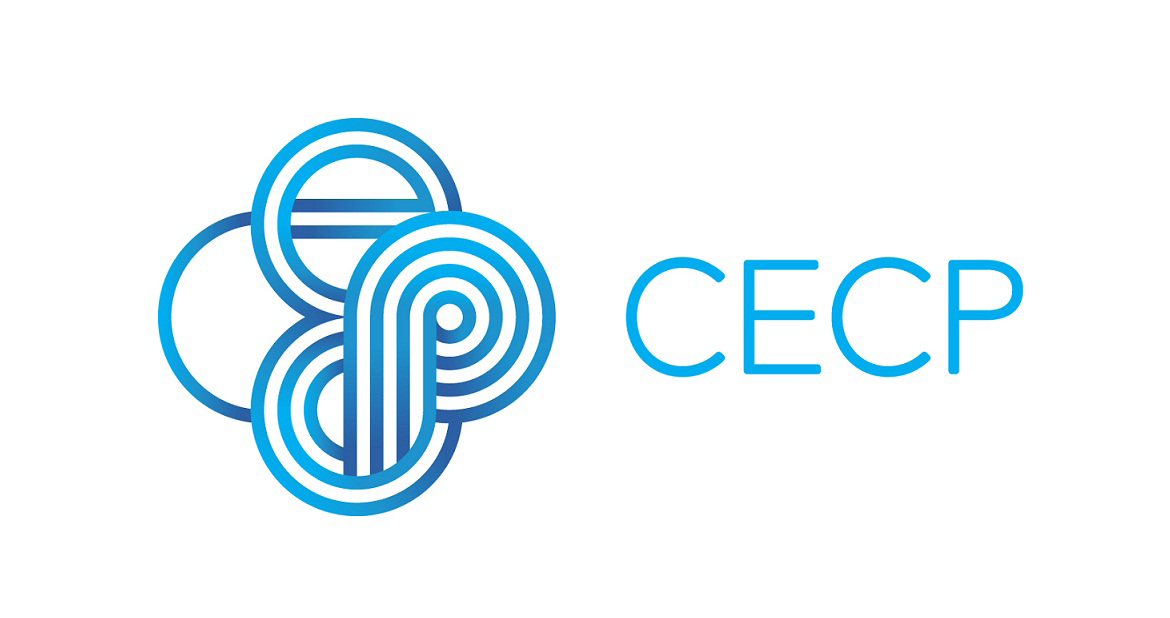Tomorrow's Leaders
2013 CECP Summit: Ahead, Together

How will a future leader adapt to an increasingly interdependent world? This question was the focus of “Top Talent: Key Competencies of Tomorrow’s Leaders,” a panel discussion at the 2013 CECP Summit: Ahead, Together. Panelists included: Elana Weinstein, Global Head of Diversity Inclusion and Coaching at Bloomberg; Stephen Dwight, Vice President, Talent Management at Novo Nordisk; Matthew Breitfelder, Managing Director, Global Human Resources at BlackRock; and was moderated by Anita Hoffmann, Managing Director at Executiva.
Companies are acknowledging that they need to be more responsive to changing societal trends. They are realizing the need to cultivate stronger relationships with stakeholders in order to build their reputation and the need to become more transparent about the role they play in society. Moderator Anita Hoffmann highlighted several key themes that impact top sustainability leaders, as outlined in The Sustainability Leadership Competencies for Business Leaders Report (partly written by Executiva). The two themes I found most interesting were valuing difference and leaders developing leaders.
Valuing difference reminds us that diversity is no longer about gender, age, or ethnicity, but rather “cognitive diversity” (hiring and promoting employees with different ways of thinking). Panelist Elana Weinstein discussed how Bloomberg’s Global Leadership Forum brought 200+ cross sector leaders together to collaborate and innovate, which led to Bloomberg’s sustainability focus. Leaders developing leaders recognizes the integral role leaders play in educating rising talent.
These two frameworks require several new competencies of tomorrow’s leaders: External Awareness and Appreciation of Trends. Matthew Breitfelder discussed how BlackRock is spending more time with stakeholders to understand the context in which BlackRock operates and incorporating that understanding into their strategy. An extension of External Awareness is Stakeholder Engagement. This is key not only for leaders to improve company reputations and license to operate, but is also key for employee engagement and leadership development.
In a post-panel breakout session, I joined CECP members from Coca-Cola and Bloomberg to share what our organizations are doing to develop our employees into sustainability leaders. We discussed how board service is pretty commonplace for leadership development at Coca-Cola. Stephen Dwight joined our conversation and highlighted the importance of integrating CSR and HR; CSR is now an integral part of professional development.
At Catchafire, we recognize that employee engagement is critical to CSR and HR. We have worked with companies like MTV and Blue Cross and Blue Shield of North Carolina to develop Skills Based Volunteer (SBV) programs in order to engage their employees in professional development opportunities that simultaneously have an impact on society. We are thrilled to see more companies identifying and addressing this trend. Employees are increasingly interested in opportunities to apply their on-the-job skills in meaningful ways, and engaging in community-based issues can be the most powerful leadership training tool of all.
It is clear that there is a new type of leader emerging, complete with competencies for improving our changing world. IBM is a great example of a company that is working to develop the leaders for tomorrow. Their Smarter Cities Challenge engages their top employees across business units to address the critical challenges facing cities.
What is your organization doing to grow tomorrow’s leaders?
Bridget McGovern is Strategic Partnerships Manager at Catchafire.

